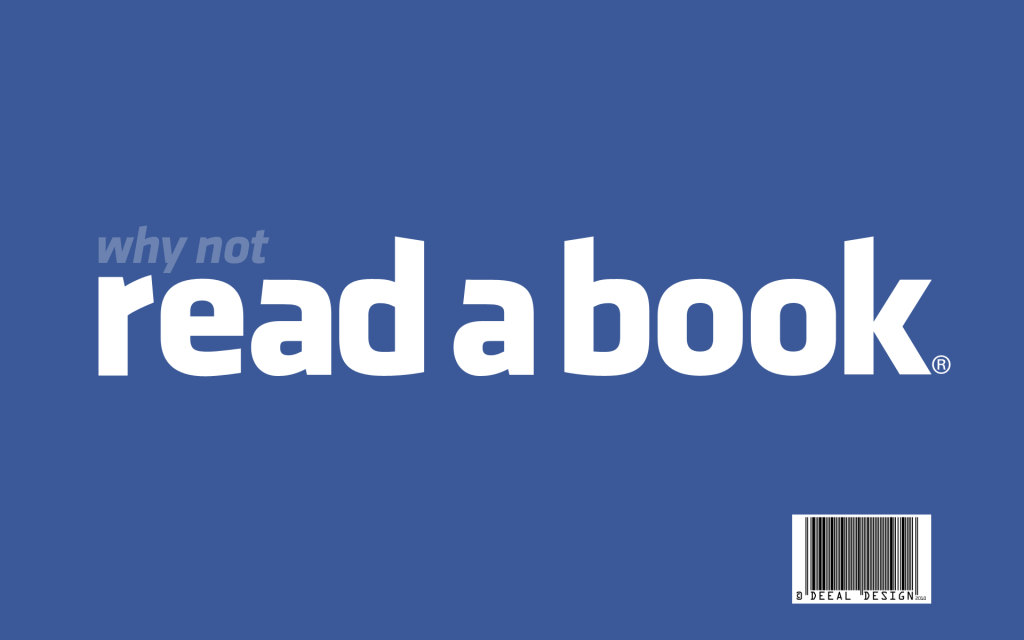[responsive] [/responsive]Love the feel of a great book? Or are you one of those who have forsaken print for your Kindle? Either way, you may be surprised as what researchers are learning about the true value of reading books in print.
[/responsive]Love the feel of a great book? Or are you one of those who have forsaken print for your Kindle? Either way, you may be surprised as what researchers are learning about the true value of reading books in print.
“Don’t lament the lost days of cutting your fingers on pristine new novels or catching a whiff of that magical, transportive old book smell just yet! A slew of recent studies shows that print books are still popular, even among millennials,” writes Maddie Crum in the Huffington Post.
“What’s more: further research suggests that this trend may save demonstrably successful learning habits from certain death,” Crum continues.
We’ve covered similar studies before, including student preferences for print over digital and lower reading comprehension with ebooks, and how digital reading before bed can be bad for your health. Crum does a nice job of summarizing these and other recent studies that might change the way you look at print.
For example, we were surprised to learn younger people (under 30) “are more likely [than their older counterparts] to believe that there’s useful information that’s only available offline,” Crum writes. This could explain why the younger generation is more likely to visit a library when it’s time to get down to business.
And it’s not just a student bias; Crum notes that teens prefer print books for personal use as well.
“Nielson BookScan numbers from 2014 revealed the main reasons why teens buy books: ‘I’ve enjoyed author’s previous books’ ranked No. 1, followed by ‘browsing in libraries’ and ‘browsing in bookstores, which both ranked above ‘online bookseller websites.’ ‘In-store displays’ also ranked above hearing about a book through a social network,” Crum notes.
This helps to explain the 2012 study that found that “students don’t connection emotionally with on-screen texts,” and that parents choose print books when it’s time to read together with their kids.
You probably know from personal experience that it’s almost impossible to read on a digital device without some kind of distraction or multi-tasking, which could definitely help explain some of the results of these studies.
The pleasure of reading comes from deep engagement and concentration, two things which are just not likely to happen in electronic media. Print rocks our brains.

February 20, 2017, 10:57 am